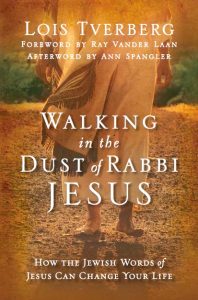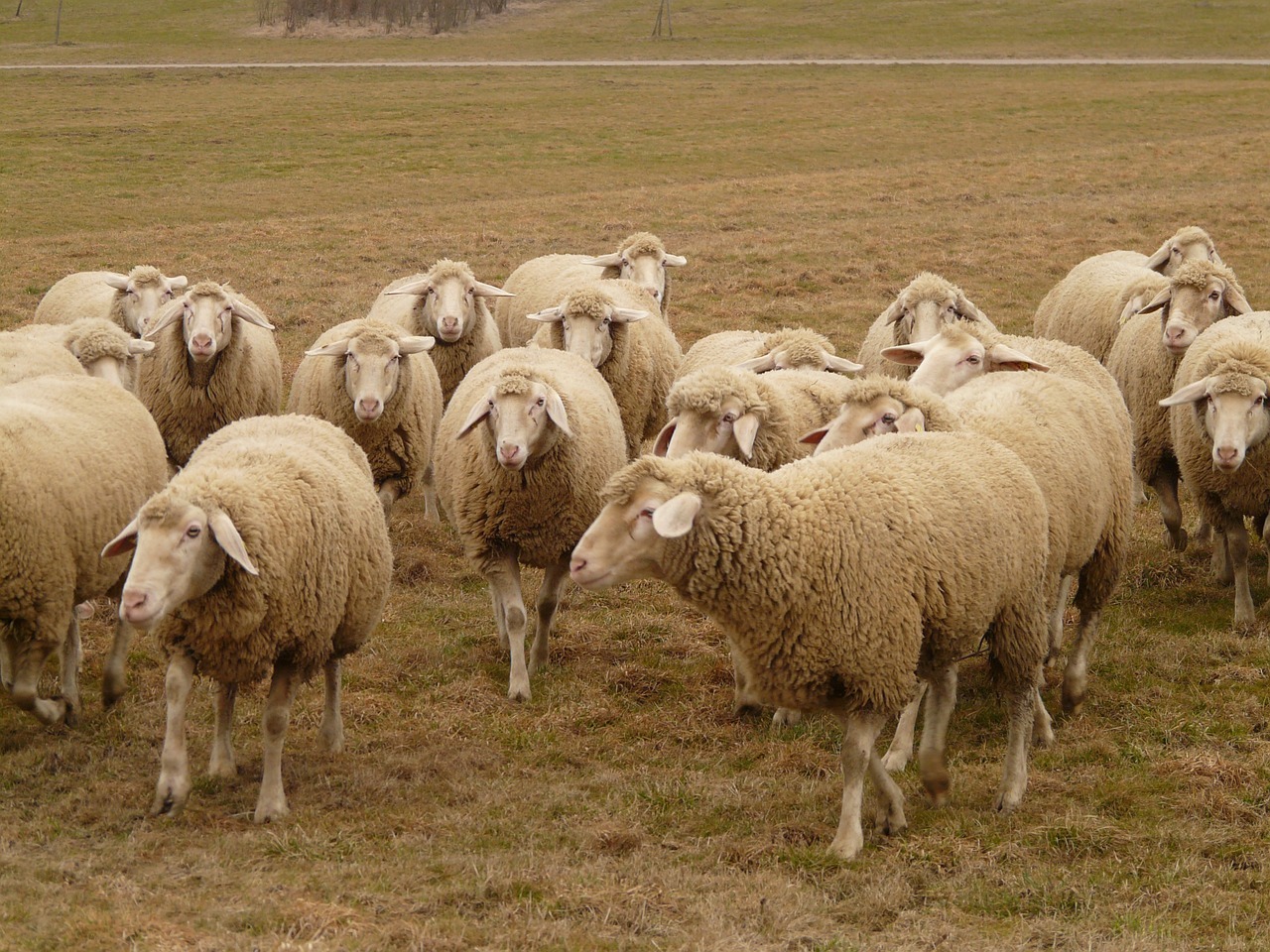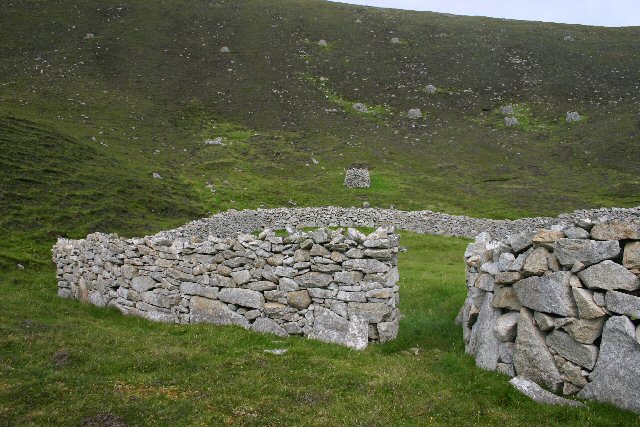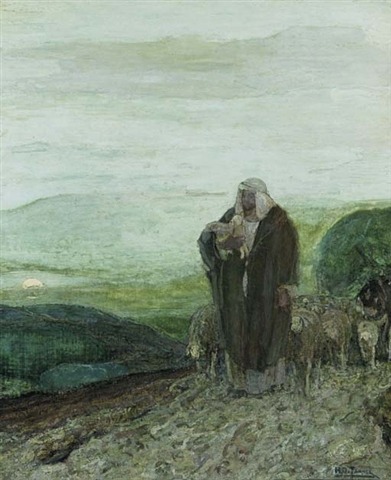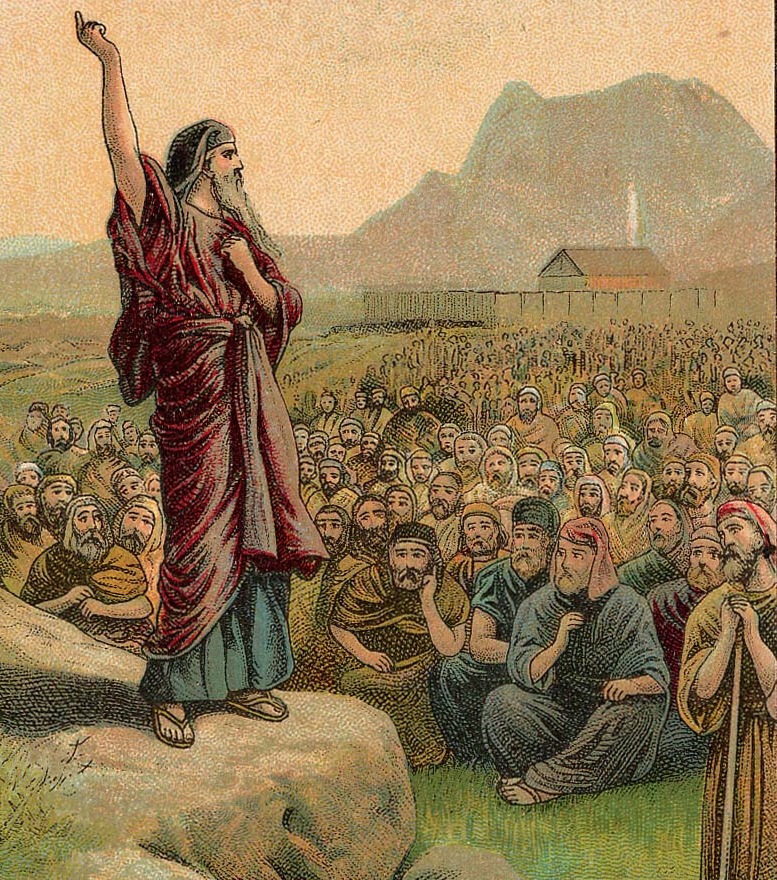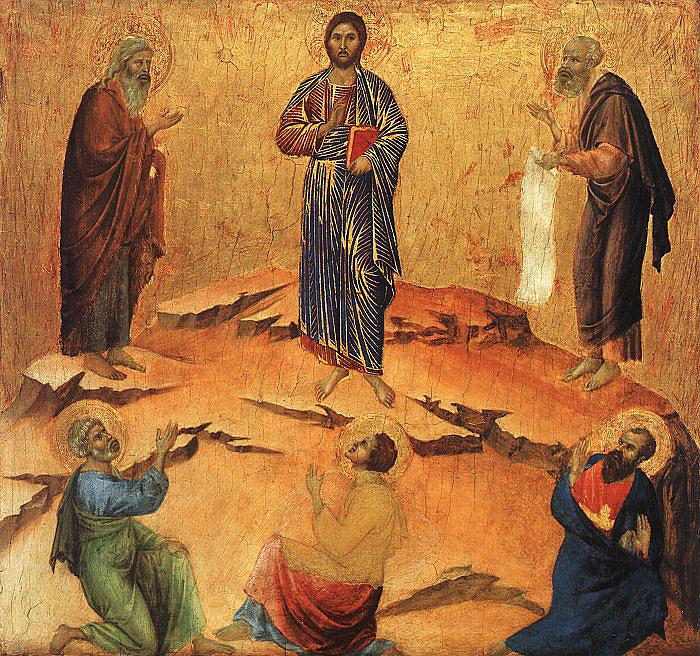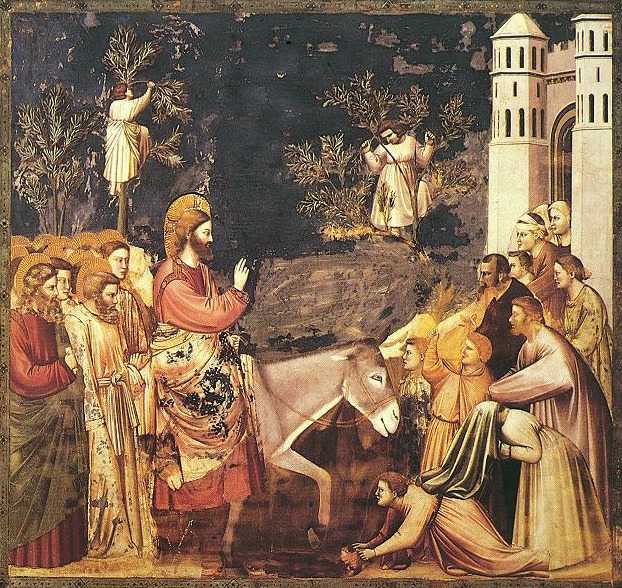by Lois Tverberg
“He calls his own sheep by name and leads them out. When he has brought out all his own, he goes on ahead of them, and his sheep follow him because they know his voice. But they will never follow a stranger; in fact, they will run away from him because they do not recognize a stranger’s voice.” John 10:3-5
Jesus often refers to himself as “the shepherd,” which is not just a lovely poetic image. Rather, it is a bold messianic claim because “the shepherd” is frequently used in Old Testament prophecies about the coming Messiah. For instance, in Ezekiel 34 provides the background to Jesus’ statement about future judgment:
“`For this is what the Sovereign LORD says: I myself will search for my sheep and look after them. As a shepherd looks after his scattered flock when he is with them, so will I look after my sheep. “`As for you, my flock, this is what the Sovereign LORD says: I will judge between one sheep and another, and between rams and goats.” (Ezek. 34:11-12,17)
This passage in Ezekiel explains the judgement between sheep and goats, which Jesus quotes in Matthew 25:32-33. But how exactly does one judge between one sheep and another, or between sheep and goats?
An answer to this question becomes clearer when we begin to understand shepherding. Sheep are shy creatures that run from humans, but once they know a shepherd, they will respond to his or her voice and remain quite loyal to their shepherd. Therefore, if two shepherds meet and their flocks mingle, all they need to do to identify their own herd is to walk away from the other shepherd and call to them; the sheep will then run to their own shepherd. In the passage from John 10, Jesus expresses this relationship between shepherd and sheep, assuring us that his own sheep run toward him and won’t wander off to follow a stranger. Then he makes an even bolder statement in verse 16:
I have other sheep that are not of this sheep pen. I must bring them also. They too will listen to my voice, and there shall be one flock and one shepherd.
Here Jesus is referring to the Gentiles who will follow him in coming ages. His audience would have been shocked because they viewed the Gentiles as hardened and worldly.
An interesting thought occurs to me about the picture that this has for future judgment. Jesus asserts that his own sheep know his voice, and that is what differentiates them from others. What else do sheep know about their shepherd? Do they know the fine points of his theology, like his understanding of the godhead, or predestination vs. free will? No, sheep do not— but they know his voice. They know their shepherd in the Hebraic sense of the word “know,” which can mean loyalty and devotion, not just academic knowledge.
So what do we need to know about Jesus to be saved? Satan probably has more knowledge about Jesus than anyone in the universe, and can explain the various doctrines about him better than any human being. Does that save him? In contrast, is there really any human that has perfect beliefs about Christ, any more than anyone is fully righteous?
Often Christians like to determine the “salvation state” of others by examining the minutia of their beliefs and stances on various issues. Certainly there are basic truths about Christ that must be deep in the soul of every believer, the most important being that he is our LORD, and that he died to redeem us from our sins.
But beyond that, I wonder if when Jesus comes again and judges the sheep and the goats, he won’t ask “what side of the fence were you on with this issue?” Instead, he’ll simply call, and his true sheep will eagerly leap up and bound toward him because throughout their lives they have learned to follow him, and to *know* and love his call.
~~~~
 To explore this topic more, see Sitting at the Feet of Rabbi Jesus, Zondervan, 2009.
To explore this topic more, see Sitting at the Feet of Rabbi Jesus, Zondervan, 2009.

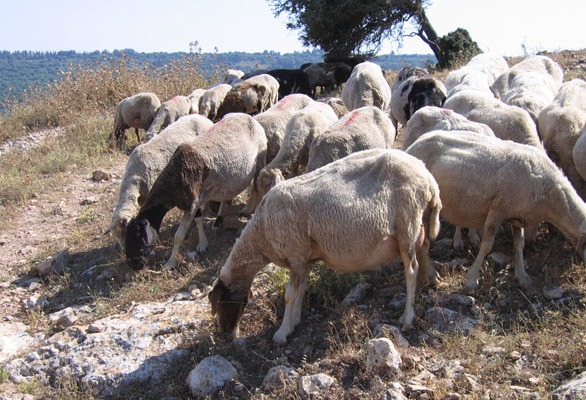

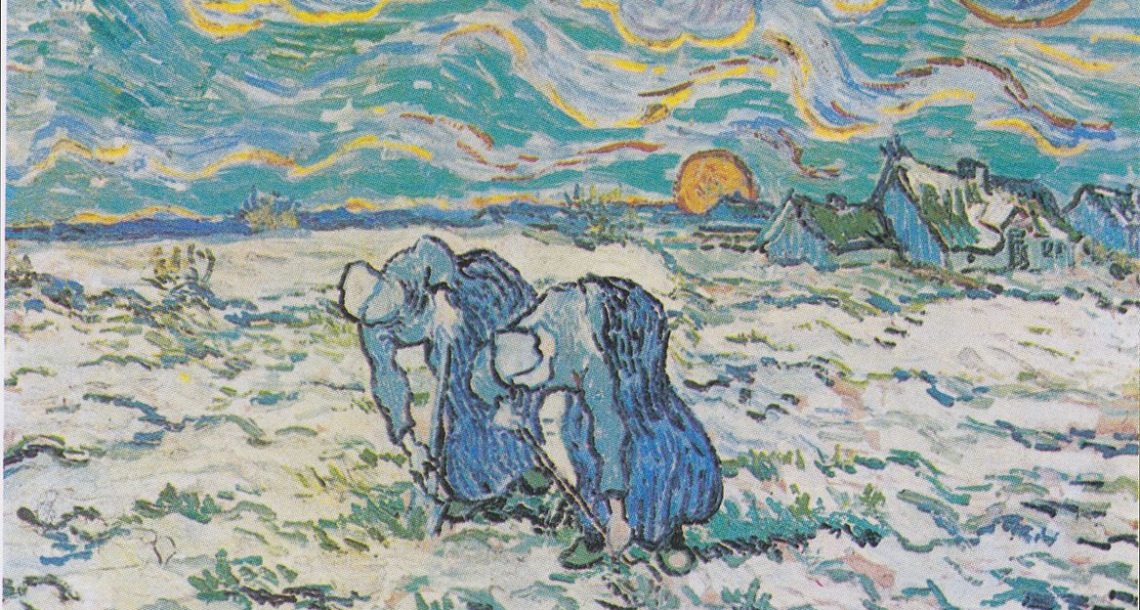
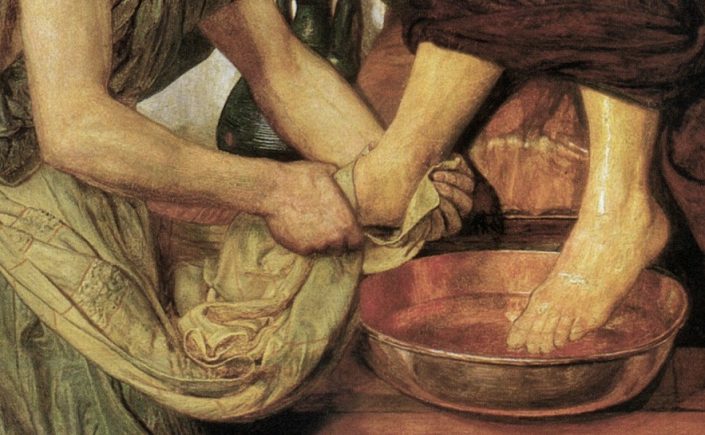
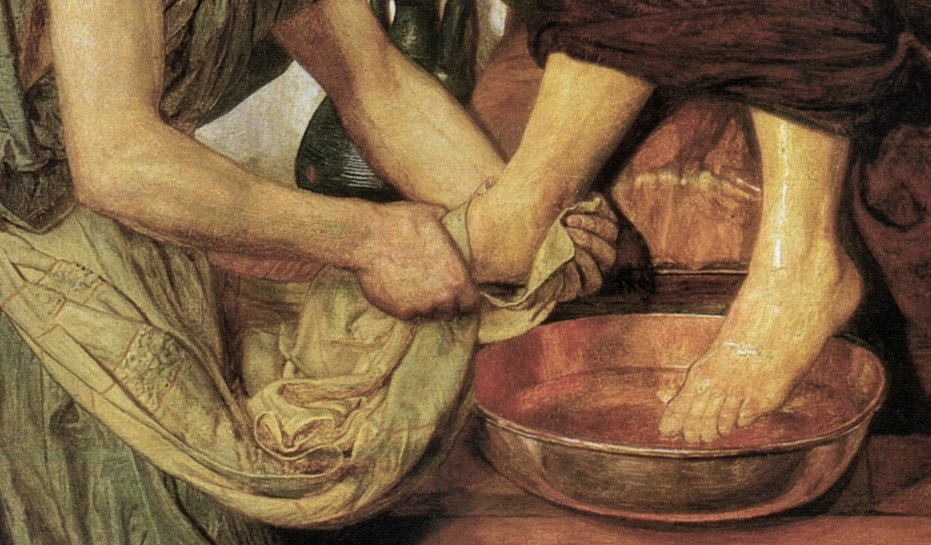
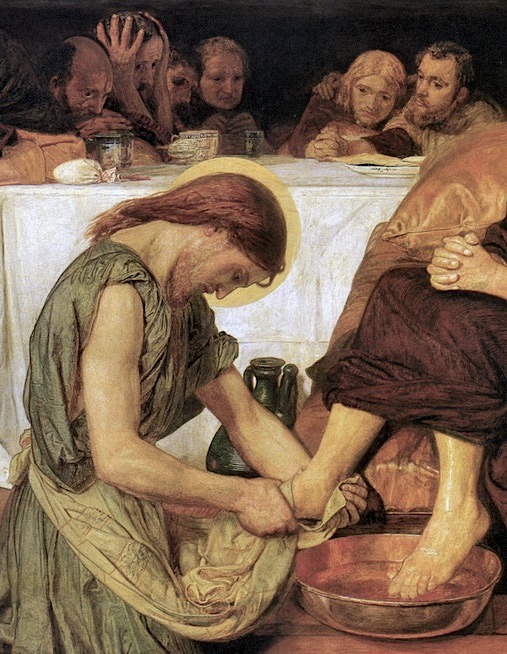
 Jesus taught quite a bit about prayer, and through it he was revealing what our attitude should be toward our Father in Heaven. One thing he forbade was praying in “vain repetitions” or “babbling on and on,” meaning we shouldn’t try to coerce God into doing our will by repeating words over and over.
Jesus taught quite a bit about prayer, and through it he was revealing what our attitude should be toward our Father in Heaven. One thing he forbade was praying in “vain repetitions” or “babbling on and on,” meaning we shouldn’t try to coerce God into doing our will by repeating words over and over.
